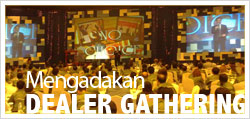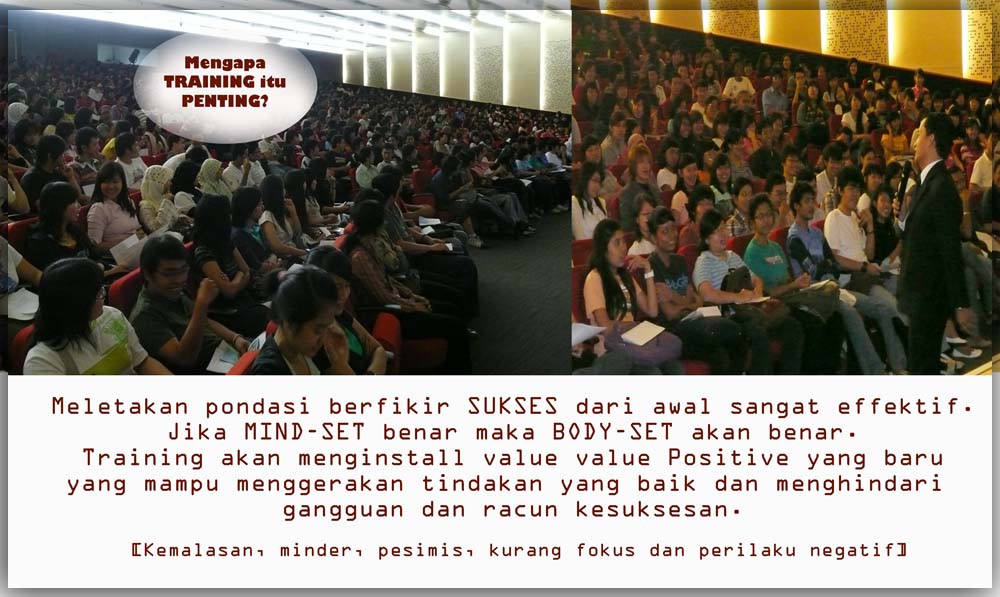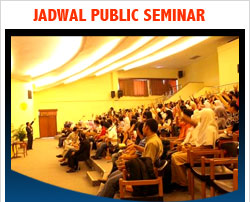| |
Why is TRAINING
important?
If
organizations are to survive and prosper in the
modern world of rapid change, they need to be
more flexible, faster-moving and faster-learning
than before. Their ability to do this rests upon
the abilities of their workforce to have these
characteristics – hence the value of training.
If individuals are able to learn, develop and
change, then so can the organizations.
Providing training for employees not
only helps them develop their skills and
knowledge, but it is also motivational and a
building block to organizational success.
It is
important for any organization, large or small,
to plan the training that its people may need.
While there can be enormous benefits in
developing the capabilities of the workforce,
training doesn’t come cheaply. Training needs to
be for the right people, it needs to be the
right type of training and it needs to be at the
right time.
Jef Menguin
******
What's one of the first
line items to get slashed when the company
budget
gets squeezed? It's training for employees that often ends up on the
cutting room floor. Unfortunately, trained and energized employees
are just what a company needs to stimulate growth and problem solve in the
lean times. Here are some of the reasons whey employee training is
so important...
The innovation, flexibility and dedication that are necessary to
build truly dynamic companies come from well-trained and supported
employees. One of the best ways to encourage and support individuals
in your workforce is through professional development and training
opportunities. As employees develop new skills, increase networking
and represent the company out in the larger world, and develop
leadership opportunities, the business work environment becomes
infused with energy and creativity.
Sending employees to training opportunities, or bringing
opportunities into the company, actually infuses a business with new
ideas and creative ways of solving old problems. Sometimes, just
getting employees out of the day-to-day grind of their everyday work
schedule is enough to jump-start energy and encourage employees to
recommit to their jobs and the company. But learning new skills and
interacting with new and different people has a direct impact on the
productivity and development of the work environment.
Trainings need not be expensive or last several days in order to be
worthwhile. Workshops, classes and cross-training in other
departments within the company can be as invigorating as expensive
courses and conferences. Encouraging employees to learn all they can
about the company--not just the department where they work--is one
way to approach training. Providing individuals with information
about accounting, production, marketing, or other aspects of the
business can give them a good overall understanding of how all the
pieces work together to contribute to the whole, as well as how
their individual jobs or department fits into the whole, big
picture.
Kori Rodley Irons
*******
Manusia
adalah faktor utama. Dalam sebuah organisasi, perusahaan, yayasan
ataupun dalam sebuah kelompok. Pendidikan formal telah membekali
pribadi pribadi dengan skill yang diperlukan. Namun perkembangan
menuntut kita untuk tetap selalu belajar dan belajar.
Belajar
adalah membangun kemampuan dan menginstall value value positive.
Sebuah organisasi akan berjalan dengan jauh lebih efektif, bila
angota teamnya memiliki value value positif dalam dirinya. Dan
inilah yang membuat sebuah organisasi berjalan dengan jauh lebih
baik dan efektif. Disadari ataupun tidak, terlalu banyak
permasalahan di kantor yang seharusnya tidak perlu terjadi. Namun
harus terjadi karena kemampuan dan attitude karyawan yang kurang
baik atau belum mengerti bagaimana menyiasatinya.
Belajar
juga merupakan proses produksi ide-ide, karena belajar adalah sumber
inspirasi, memicu dan memacu ide ide segar dan temuan temuan baru. Belajar
adalah pupuk asli untuk sebuah pertumbuhan.
Hari
Subagya
*******
. |
|

|
 |
 |
Krishnamurti
Mindset Motivator |
 |
|
|
 |
 |
Anthony dio Martin
Pakar EQ |
 |
|
|
 |
 |
James Gwee
Seminar speaker & People development. |
 |
|
|
 |
 |
Mario Teguh
Motivator |
 |
|
|
 |
 |
Hari Subagya
Motivator Perubahan
|
 |
|
|
 |
|
 



 |













